Navigating Health Emergencies Overseas: Stay Calm, Act Smart
Theme chosen: Navigating Health Emergencies Overseas. Your clear, compassionate guide to staying safe, finding help fast, and making confident decisions when illness or injury strikes far from home.
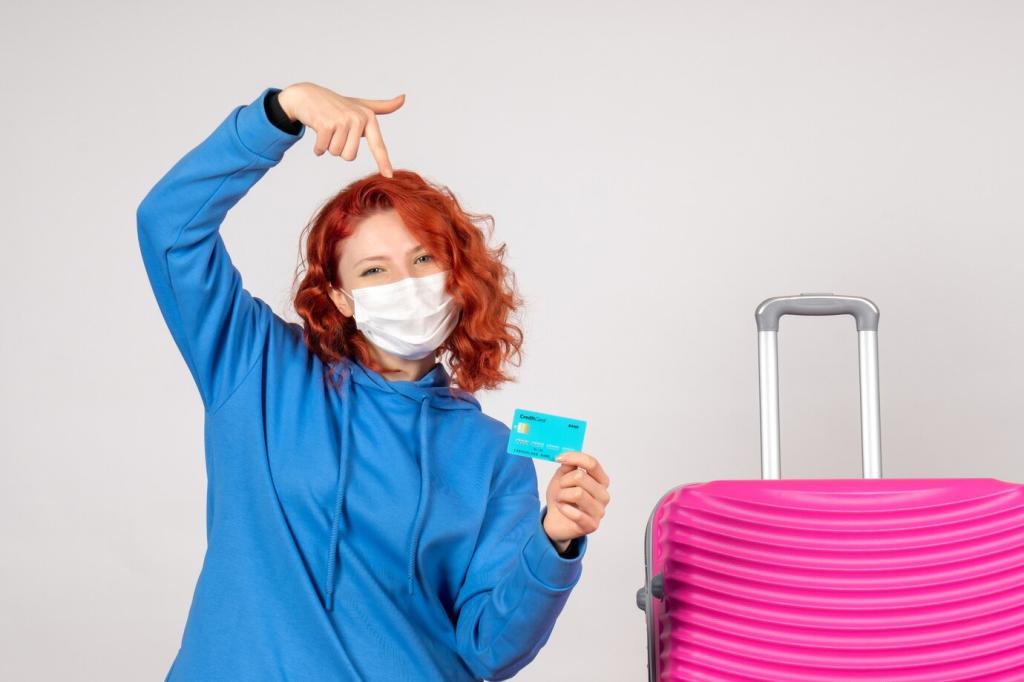
Prepare Before You Depart
Create a digital and paper folder with your medications, allergies, vaccination records, and emergency contacts. Include scans of your passport and insurance card. Share it with a trusted travel partner, and subscribe to our updates for printable checklists you can pack.

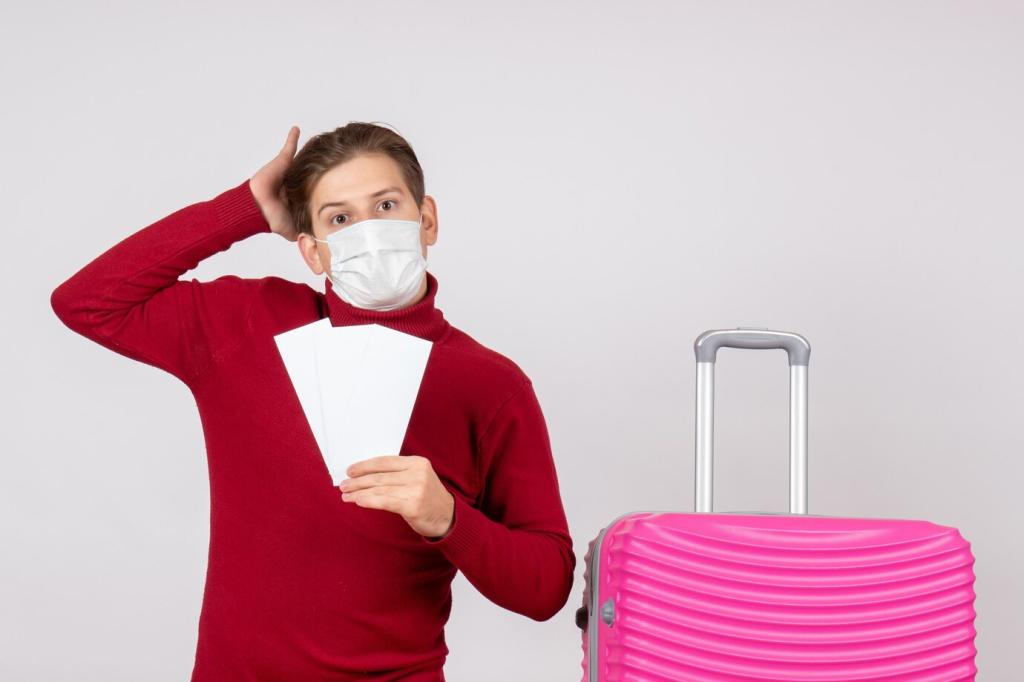
Severe chest pain, difficulty breathing, uncontrolled bleeding, sudden confusion, one-sided weakness, high fever with rash, or dehydration in children are urgent. If in doubt, treat it as an emergency. Comment with questions about symptoms you worry most about while traveling.

Emergency numbers vary: 112 in much of the EU, 999 in parts of Asia, 000 in Australia, 911 in some territories. Save local numbers before landing. Ask hotel staff to place calls if language is a barrier, and teach family your plan for rapid contact.

Move to a safe area, stop bleeding with firm pressure, keep the person warm, and avoid food or drink if surgery might be needed. Note times and symptoms. Share this triage routine with travel companions and subscribe for our quick-reference emergency cards.
Accessing Care Quickly and Safely
Locate reputable hospitals and clinics
Check consular websites, international hospital networks, and travel insurer directories for vetted facilities. Ask locals and hotel managers for guidance. If possible, choose hospitals with 24-hour emergency departments and multilingual staff. Share recommended facilities in the comments to help future travelers.
Telemedicine as a lifeline abroad
When distance or safety is an issue, contact your insurer’s telemedicine line or a reputable international provider. Video consultations help determine urgency and reduce missteps. Save screenshots of guidance and follow-up instructions. Subscribe for our curated list of reliable telehealth resources.
A quick anecdote from the road
After food poisoning in Oaxaca, a reader used their insurer’s app to find a clinic that offered IV rehydration and English-speaking staff. Receipts were uploaded on-site, and reimbursement arrived swiftly. Share your story—your experience may guide someone through a frightening night abroad.
Communicate Clearly Across Languages
01
Prepare translations for “I have an allergy to…,” “I take…,” “I am pregnant,” “I need a doctor,” and “Where is the nearest hospital?” Keep them on a card and in your phone. Comment if you want phrase cards for your next destination.
02
Download offline language packs and a medical phrase app before departure. Hand the device to the clinician for clarity, and always confirm understanding by repeating instructions back. Subscribe to get our pre-trip digital setup checklist for emergencies abroad.
03
Carry a concise, translated summary of diagnoses, surgeries, allergies, and medications with dosages. Add emergency contacts and physician details. Keep it in your wallet and lock screen. Encourage others by posting how you organize your health summary for international trips.
Money Matters During Emergencies
Many facilities require cash or card before treatment. Request itemized receipts, medical certificates, and diagnostic reports. Photograph documents immediately and email copies to yourself. Share tips on how you kept paperwork organized during a stressful visit.
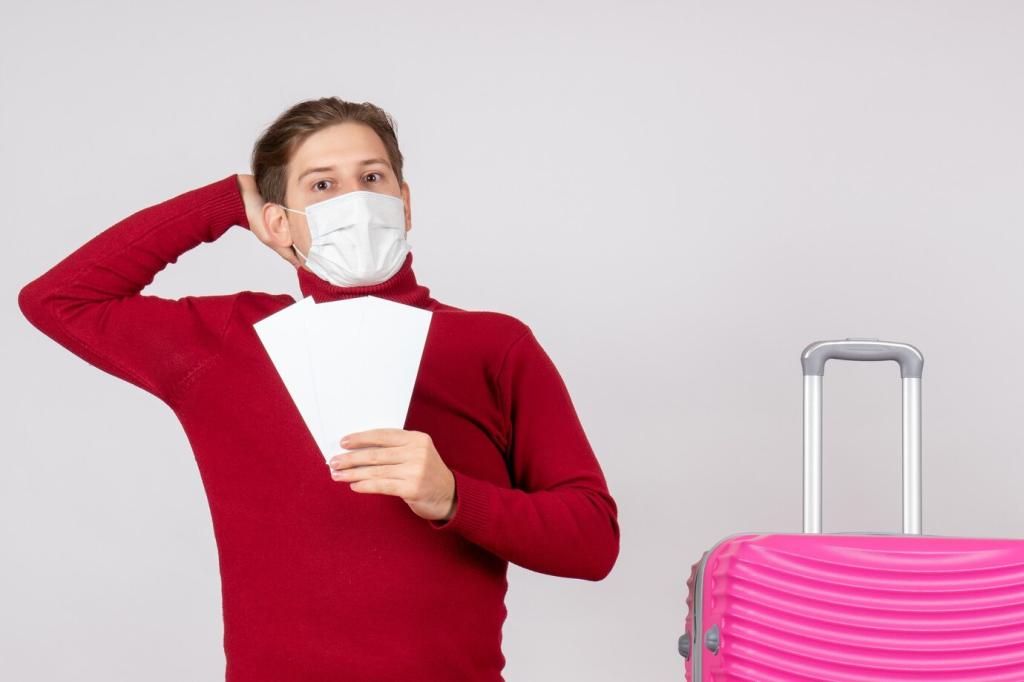
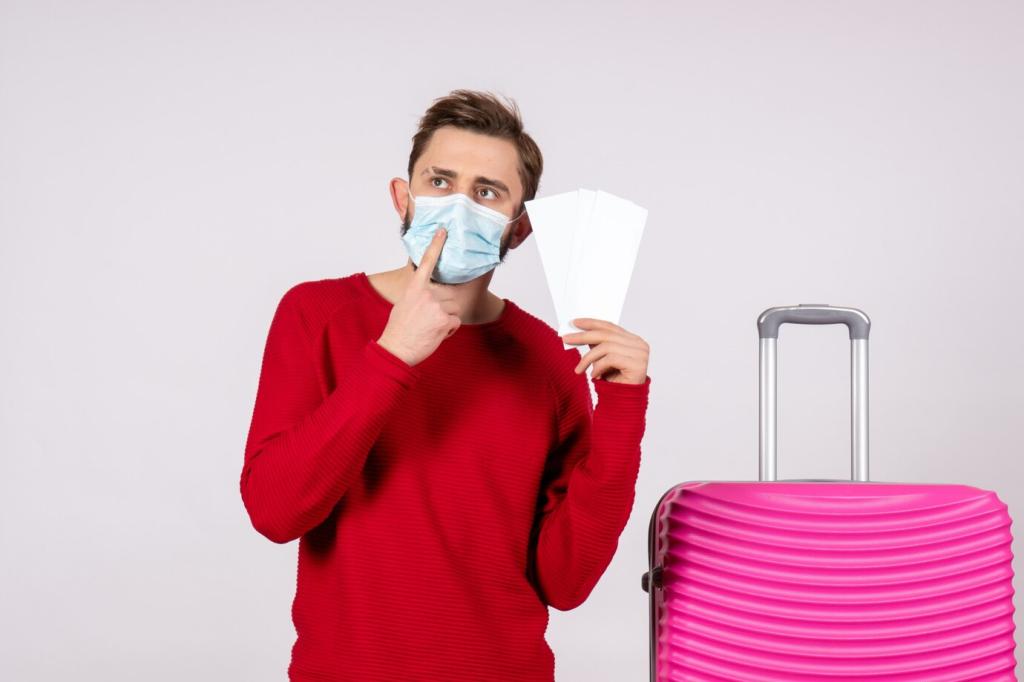
Money Matters During Emergencies
Open a claim early. Ask about direct billing, preferred providers, and required forms. Keep a call log with dates, names, and instructions. Subscribe for our claims timeline template to track steps from incident to reimbursement without missing deadlines.
Medications, Prescriptions, and Safety
Some countries restrict controlled substances and injectable equipment. Bring prescriptions with generic names, original packaging, and a doctor’s letter. Check embassy advisories. Share which countries surprised you with strict rules to help others avoid confiscations.

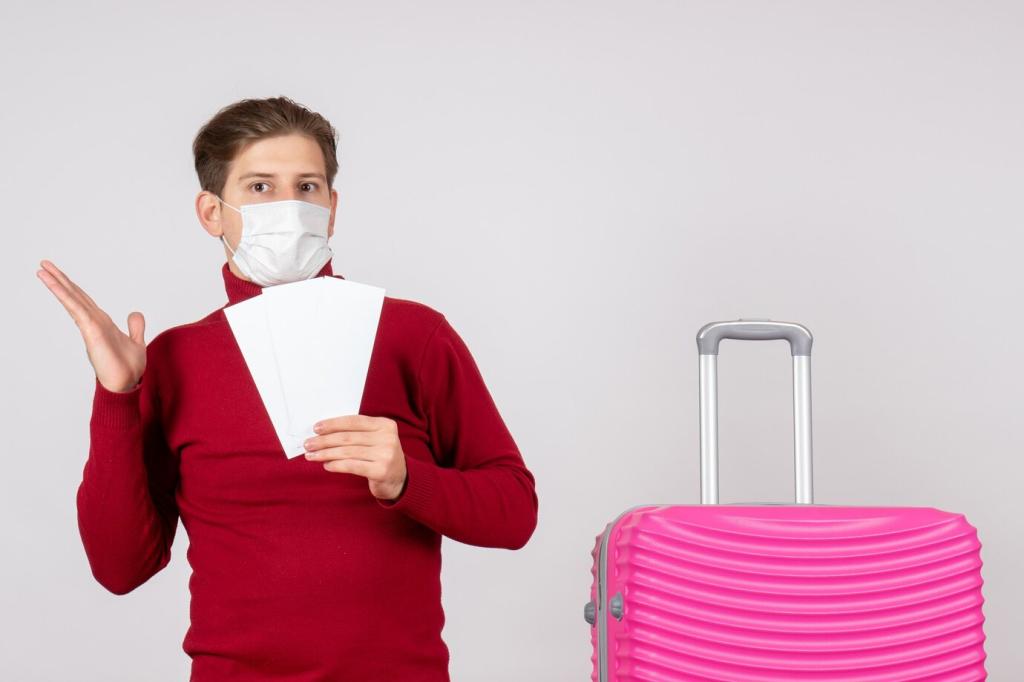
Resilience, Recovery, and Community
After stabilization, schedule rest, hydration, and gentle movement. Watch for delayed symptoms and seek follow-up care. Journal what happened to process emotions. Subscribe for our calming checklists designed specifically for travelers recovering far from home.
Resilience, Recovery, and Community
Ask hotel staff for pharmacy runs, contact your embassy for resources, and inform family of updates. Online traveler communities can offer practical, timely advice. Share support groups you found helpful so others can build a safety net before departure.
Join our mailing list
